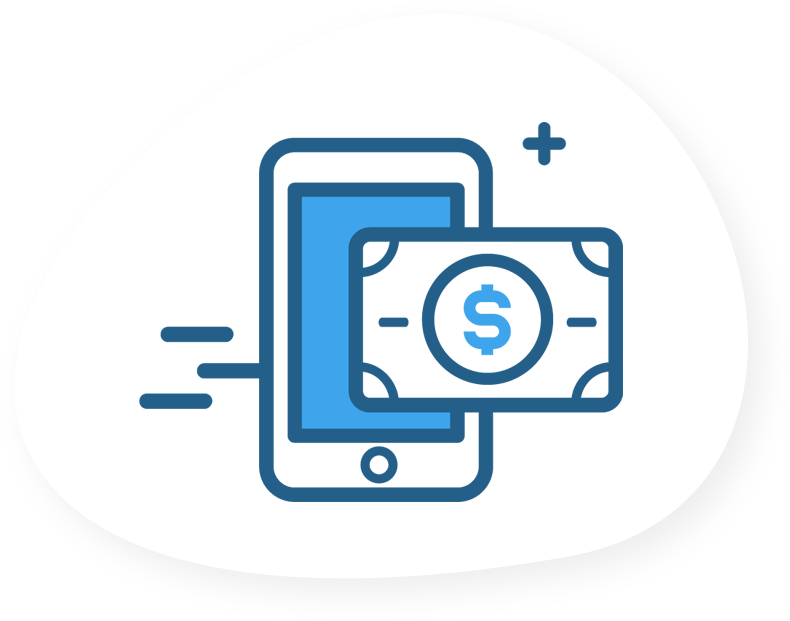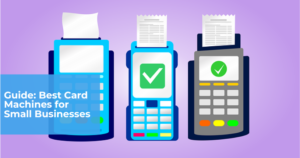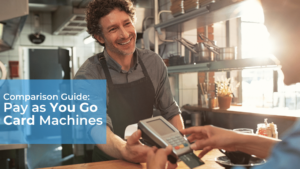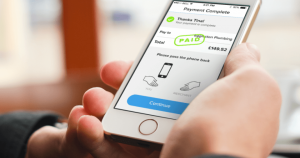Regardless of the industry your business operates within, it’s important to have the right systems in place to efficiently accept payments and track transactions. This means you’ll more-than-likely be choosing between a cash register and POS (point of sale) system.
To clarify, every cash register is a POS but not every POS is a cash register.
In this article, find out what each of a cash register and POS system are, the main differences between the two, and which payment processor is best-suited to your business.
What is a cash register?
A cash register is a machine used to conduct transactions, logging the cost of each sale, recording the amount of money received, and issuing receipts. Cash is also usually stored in the machine, thanks to a handy ejecting drawer, while additional hardware can be bought to allow for card payments. Traditionally, cash registers are found in brick-and-mortar stores and restaurants where transactions are solely made in person.
What is a POS system?
A POS system is similar to a cash register, in that it allows you to administer transactions, track payments, and create purchase receipts. But it also offers so much more; unlike a cash register, which is suited to in-store sales, a POS system is used by retailers who handle sales both remotely (for instance, via a MOTO virtual terminal) and in person. There are two types of modern POS system:
- Mobile POS: mobile point of sale (mPOS) is a portable transactional device, such as a smart phone or tablet, that lets you take payments on the go. With an mPOS, you’ll require additional hardware, such as an attachable card reader.
- Application POS: application point of sale (aPOS) is similar to mPOS, but doesn’t require additional hardware. Instead, you can take payments directly via an app (so long as you have at least a 3G internet connection).
The differences between a cash register and POS
Cash machines and POS systems serve different purposes, and benefit businesses in different ways. So it’s important to be able to recognise how the two machines vary, in terms of functionality, flexibility, compatibility, and more.
1. Features and functionality
The most fundamental difference between a cash register and a POS system is that the former is built to manage in-person sales, while the latter is designed to handle the demands of a multi-channel business. Rather than simply keeping track of financial takings, a POS system lets you monitor business analytics and customer behaviour.
2. Analytics
POS systems are capable of measuring various insights and metrics, across all corners of your business. Not only are you able to track sales information and daily takings, but you’re also able to monitor which products are the most profitable, consumer trends, and inventory levels. A cash register is suitable if you only need to register how much money you’re making, but a POS can help you improve overall business efficiency.
3. Portability and flexibility
A significant difference between cash registers and POS systems is device portability. As a physical machine, while effective at what it’s designed for, a cash register can only be used on-premises. In contrast, a POS system works from your laptop or smartphone, whether remotely or in person.
4. Affordability
While modern cash registers are more streamlined than those used in previous eras, they’re still physical machines that require expensive digital hardware and touchscreen control. In fact, you can expect to spend around £500 for a mid-range cash register.
Meanwhile, after your free trial, the SimplyPayMe aPOS system costs as little as £10 per month, for unrestricted access to payment processing and sales analytics. Just because POS software offers advanced functionality, we don’t believe it should cost the world.
5. Customer service
POS systems are notably much more customer-friendly than cash registers. Examples of how include:
- POS systems streamline the transaction process and make for a smooth user experience.
- Customer insights data collected through a POS system gives you the opportunity to introduce loyalty schemes or outreach to customers with relevant offers.
- A modern POS system will regularly update and evolve as business demands increase.
Through an integrated POS system, you are also able to open a direct channel of communication with your customers, to gather constructive feedback. This not only helps you to deliver an improved service, but also enhances the relationship between business and consumer.
Is a cash register or POS better for your business?
To help determine whether a cash register or POS system is the better pick for your business, you’ll need to contemplate a series of questions:
How do you conduct business?
Businesses that operate remotely are likely to benefit from an integrated POS system that streamlines the transactional process and makes it easier to accept payments across various channels.
What difficulties are you currently experiencing?
Small businesses are faced with many difficulties daily, including gathering relevant customer insight, tracking real-time inventory information, and managing multiple transactions made in person or through an online portal. Fortunately, a POS system resolves each issue, making it easier to focus on the day-to-day functioning of your business.
What are your business growth plans?
If you’re anticipating business growth, it can be helpful to implement a sophisticated POS system that facilitates expansion – whether that’s taking your company to new locations or engaging with customers via new channels.
Offering high-tech efficiency and having the flexibility to meet industry-specific needs, POS systems are becoming increasingly popular across all types of business. Find out how you can introduce the latest transactional software to process hassle-free payments at the touch of a button, or explore the latest from our experts over on our blog.


